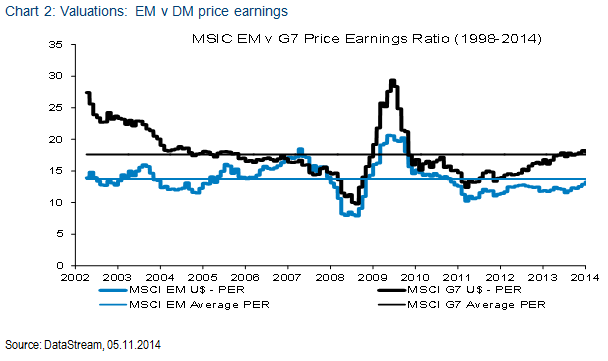The hunt for illiquidity
Post on: 24 Май, 2015 No Comment

The hunt for illiquidity
May 25, 2012
If I’m interested in a purely financial investment, however, it’s dangerous and probably a bad idea for individuals or even institutions to look too hard for illiquidity.
data-share-img= data-share=twitter,facebook,linkedin,reddit,google data-share-count=true>
When I spoke to Kauffmans Diane Mulcahy, the main subject of conversation was her fabulous report on how investing in venture capital is broken. And I wondered whether investors consistent desire to throw money at the asset class, even after 15 years of consistent underperformance, was attributable to some kind of weird nostalgia for the 1990s, when the dot-com bubble briefly made a handful of VC investors very wealthy.
But theres something else going on here, too, I think, surrounding the whole concept of illiquidity. Its clearly a bad and undesirable thing, in any investment, and it only takes a glance at the market for say Treasury bonds to understand that highly-liquid assets trade at a premium. In theory, then, the converse should be true as well: highly-illiquid assets should trade at a significant discount. And so long-term investors like the Kauffman foundation, who can afford to sit out market fluctuations and dont need much in the way of immediate liquidity, should be able to buy attractive assets at a low price, and capture that extra yield for themselves.
Im a long-term investor, too. I have retirement savings I wont need for a good 30 years; as such, Im in the market, should such a thing exist, for a long-term, illiquid investment which I can put money into, forget about, and then if things go according to plan find waiting for me in 2042 or so worth some vast amount of money which will then fund a lavish retirement. Well, a chap can dream.
The fact is, however, that such investments simply dont exist: as Mulcahy has found out the hard way, its almost impossible to find an illiquid investment which even so much as manages to keep up with the highly-liquid Russell 2000 index. Alternatively, look at the incredibly low yields on syndicated loans, compared to the yields that the same companies pay in the bond market: theres not really any indication of an illiquidity premium there, despite the fact that loans are much harder to liquidate than bonds are.
And when you do find illiquid investments, such as hedge funds with lock-up periods, or venture capital, or private equity, you invariably find a 2-and-20 fee structure which more than obliterates any premium for illiquidity which ought by rights to be going to the investor rather than the money manager.
Which leaves the one large and illiquid investment which is still made by most American households housing. If I take out a 30-year mortgage on a house today, then again, if things go according to plan Ill find waiting for me in 2042 a fully paid-off asset which will be able to provide shelter for the rest of my life. It might not have gone up in value, but at least Ill have dealt with the natural housing short that all living humans need to cover somehow.
If Im interested in a purely financial investment, however, its dangerous and probably a bad idea for individuals or even institutions to look too hard for illiquidity. Because although it pays off over the long term in theory, its incredibly hard to find people able of making it do so in practice.

Update . A fantastic comment from Stevensaysyes is worth promoting here:
The illiquidity premium is countered by the fact that certain market participants prefer illiquidity. Financial advisors who bought venture capital over the Russell 2000 were probably happier over the last market cycle, even though the returns were lousy:
-Illiquid investments report quarterly, so clients don’t see the daily lows, and they are less likely to call you with every swing of the Dow
-When clients do see their assets fall, they can’t liquidate everything until the end of the lockup period
-Since illiquid investments don’t have an active market to price them, you can report to clients “optimistic” estimates of their value, and also charge on it
If I were a cynical advisor, I’d put my clients in a portfolio of private equity, venture capital, hedge funds, and private real estate funds regardless of whether I expected them to outperform stocks.














